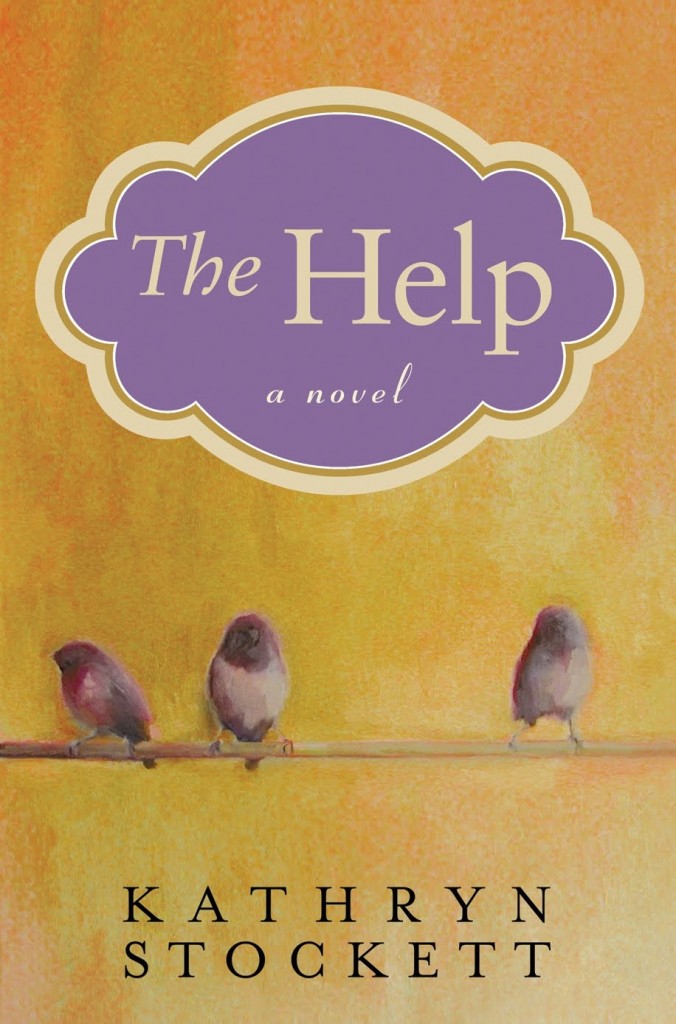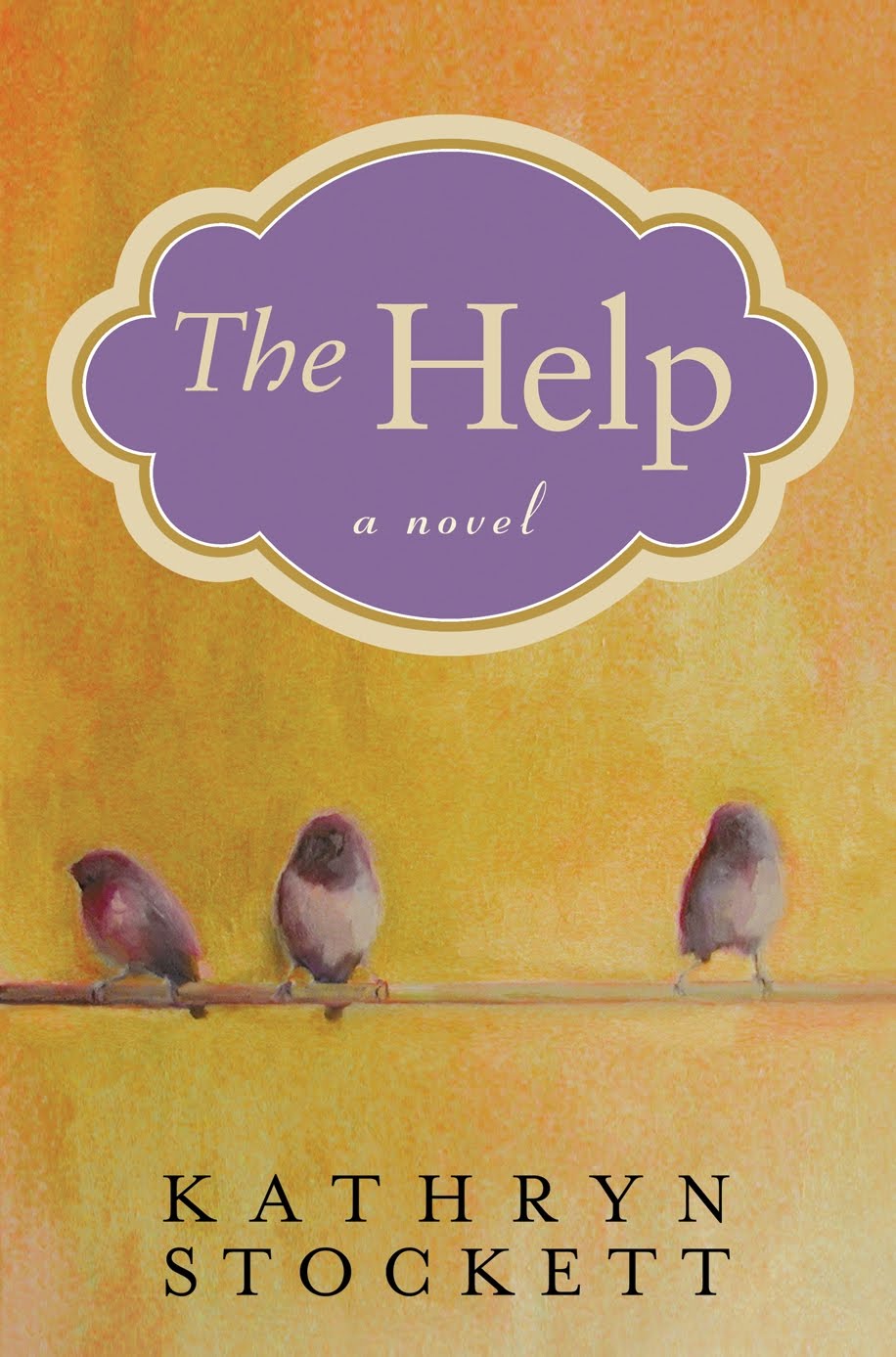The Help by Kathryn Stockett
Review by Julie Goertzen
They can cook the white folks’ meals, wash the white folks’ clothes, raise the white folks’ babies, but, according to Miss Hilly and her Home Help Sanitation Initiative, the colored help should never be allowed to use the white folks’ bathrooms. The place is Jackson, Mississippi, and the time is 1962. Miss Skeeter has just graduated from Ole Miss and returns home to reconnect with her high school friends, who are now the driving force in the local Junior League. Miss Skeeter’s beloved family maid, Constantine, is no longer with the family, and Skeeter is on a mission to find out why. There are many people with missions in this story.  Skeeter’s mama wants nothing more than her uncommonly tall, curly-haired daughter to marry, and the sooner the better. Miss Hilly is on a mission to maintain the sacred politics of the South, despite the rumblings of the Civil Rights Movement. Minny is on a mission to find a new job after being fired—she does have a problem with backtalk, and Aibileen has a mission—to pray. In her blue notebook from the Ben Franklin, Aibileen writes her prayers, and her list each night is considerable because everyone knows she has a kind of “power prayer, gets better results than just the regular variety.â€
Skeeter’s mama wants nothing more than her uncommonly tall, curly-haired daughter to marry, and the sooner the better. Miss Hilly is on a mission to maintain the sacred politics of the South, despite the rumblings of the Civil Rights Movement. Minny is on a mission to find a new job after being fired—she does have a problem with backtalk, and Aibileen has a mission—to pray. In her blue notebook from the Ben Franklin, Aibileen writes her prayers, and her list each night is considerable because everyone knows she has a kind of “power prayer, gets better results than just the regular variety.â€
This is the Mississippi of The Help by Kathryn Stockett. The novel is told from the point of view of three different characters: Aibileen and Minny (the help) and Miss Skeeter, a young woman who is on a collision course with her two best friends, Hilly and Elizabeth. While Hilly and Elizabeth are preoccupied with their families and social aspirations, Skeeter is looking for more. She desperately wants to be a writer, and she has an idea: she wants to write about something that’s never talked about—what it’s like to work for a white family, the truth about being “the help.â€Â But no maid in her right mind would agree to be interviewed for this book at the expense of losing her job. So what does it take to convince the maids to share their stories of tragedy, of despair, of secrets, of great joys, of life? Money, revenge, or a desire to finally speak the truth?


































